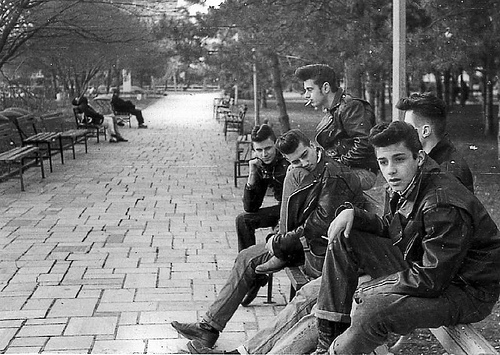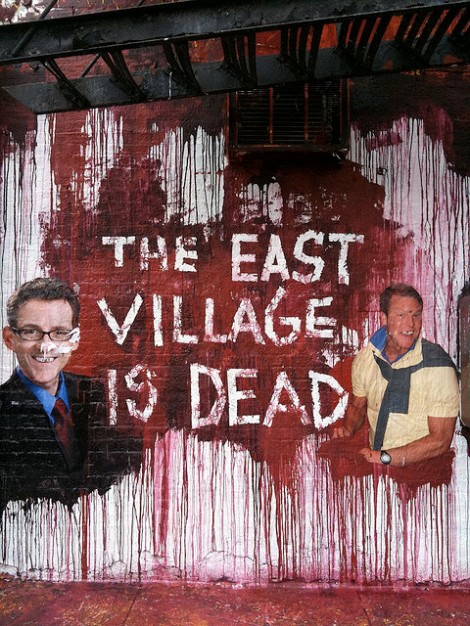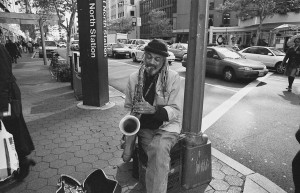Tags
Culture, life, mariner, Nautical life, office life, sailors, the sea, urbanity, work
Off the coast of every shore, far from the caress of the city’s lights, there are large vessels floating endlessly upon the dark black seas. Boats governed by the fates of the tide; engulfed in the long, quiet persistence of nothing. Yet in this somber refrain there is a sense of freedom, freedom and peace. No matter how much radio contact, computer systems or tracking devices these vessels keep, they still adhere to the principles of the sea. An infinite landscape of rippling ink; captains rely on the light of the moon to guide their way, an involuntary reprieve from our reliance on technology. Far from our shores, men practice a freedom that could only be possible on this sodden infinity.
*****
During my last job I had worked logistics for a local seafood importer. I mostly worked with numbers and graphs, piecing together freight routes for distribution and inventory. Every morning, the dirge began; I would awake to the sounds of a monotonous robot song bleeding from my cell phone. I would walk with the zeal of a dead man to make some coffee and my day begins. Making my way to work, I would follow the same route, seeing the same cars and anticipating the same traffic I have experienced for months. I would arrive, open the door, sit down, turn the computer on and there they would be. The same numbers and graphs flooded my screen. I look down and to my surprise my pen is not where I thought it would be; it is on the other side of the desk. This sudden, impromptu situation required critical thinking; I perked up. Humor aside I did truly enjoy this job and worked tirelessly at it. Yet, being in such close contact with shipping vessels throughout my career at this importer, I began to idolize the life aquatic. We require constant connectivity and technological dependence. Finding some time to settle into a life undistracted even for a few hours a week maybe the difference between droning sadness and positive self worth.
But dare I say I do retract! We are more like the men at sea than I originally thought. Like the gentle sway of a wayward boat, we too beckon to the uninhibited elements of an impartial vessel; our bodies are governed by the ebb and flow of our urban subway systems. Furthermore, like the guiding light of the moon that directs the boys at sea, the warm embrace from the screens of our cell phones direct us into future moments. So as it was once said, yet this time different; far from the dark black seas, men practice freedom that could only be possible on this cement infinity.




